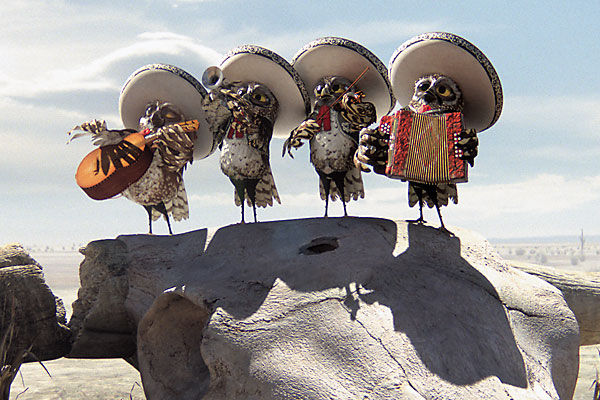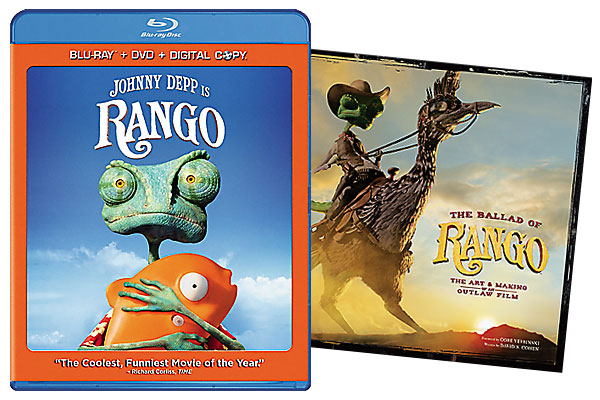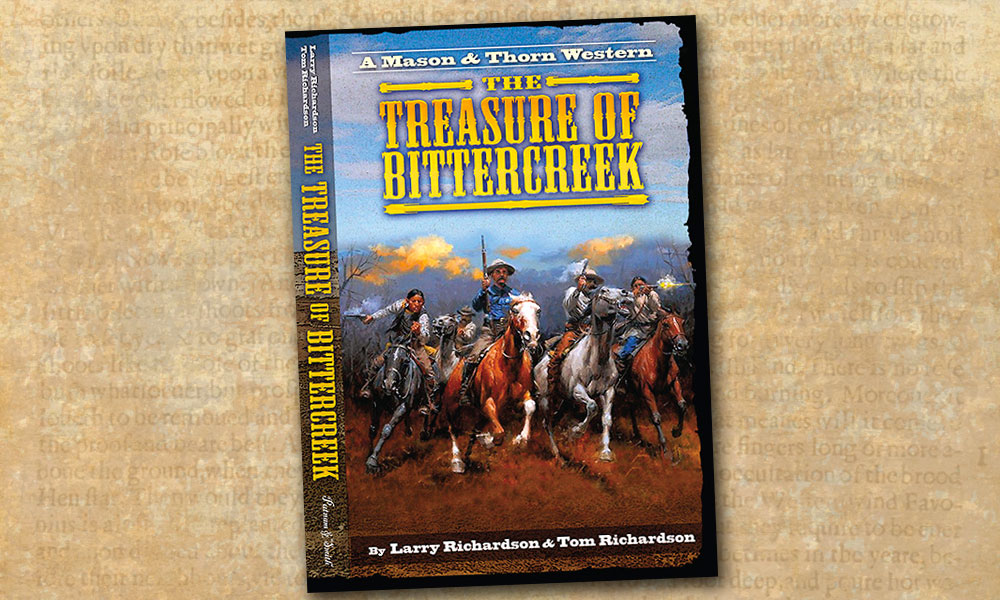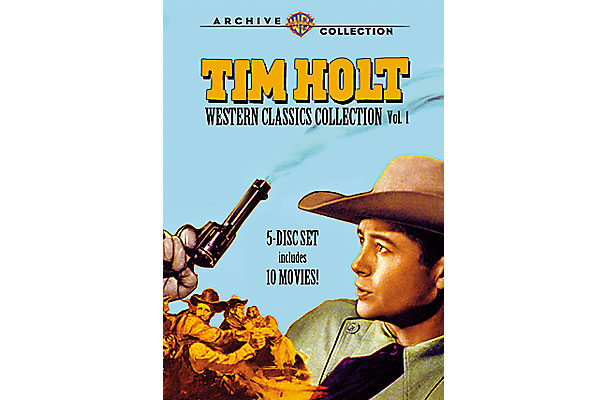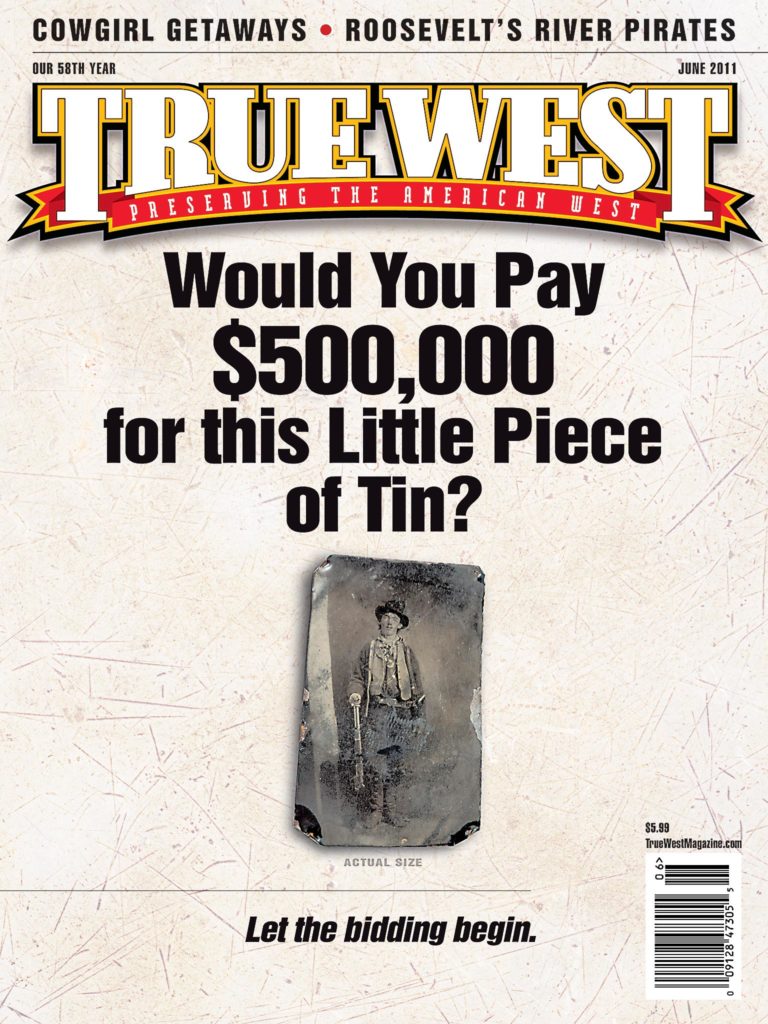 Since the movie Rango opened nationally in March, the critics have struggled to get a fix on it.
Since the movie Rango opened nationally in March, the critics have struggled to get a fix on it.
They can’t seem to make up their minds whether Rango is a parody or a pastiche or a homage, but they are having fun swinging at the piñata.
Western comedies, from My Little Chickadee through Blazing Saddles, are usually a combination of all three, but writers and audiences knew that then. Ribbing Westerns happened all the time. Sometimes even serious Westerns took a poke at themselves—Destry Rides Again is an example. No newspaper reviewer working in 1952 would take Son of Paleface seriously or run it through an analytical sausage grinder.
But because Westerns are rare nowadays, they get scrutinized differently. Is Rango a “deconstruction of the Western,” as some have written? I don’t know. Was The Apple Dumpling Gang? Better yet, was City Slickers?
Rango is an old-style Western comedy, but animated, the same way that Shrek and Tangled are animated Fairytale comedies. Like a lot of Western comedies, Rango is about a tenderfoot, a stranger who lands in a dusty backwater town overrun with tough hombres and townsfolk, who has to bluff his way out—or in. In this case, the tenderfoot is a chameleon, and the townsfolk are all furry or scaly animals of one sort or another, some of them just about impossible to classify. One of the nicest things about Rango, which was produced at Industrial Light & Magic, is its design and the detail of the characters and backgrounds.
But what makes the character Rango different from, say, one played by Bob Hope or Don Knotts is that, unlike his mild-mannered predecessors, this Hawaiian-shirted reptile craves the spotlight. He’s spent his life alone in an aquarium acting out grand parts in one-lizard dramas. When Rango bounces out of his walled-in world and makes his way across the desert to the scorched town of Dirt, he’s like a vaudevillian who has just stepped onto the stage of his dreams.
The way director Gore Verbinski tells it, “We knew we needed a fish-out-of-water story to kind of bisect with that ‘Man With No Name’ and the ‘stranger coming into town.’ We wanted it to be slightly absurd, so, you know, an aquatic creature in the desert, a chameleon. And then, from a chameleon, the concept is, you know, a thespian—not only literally a chameleon, but his core emotional state is a guy who can be anything.”
“But then, who is he?” Verbinski adds. A voice inside of Rango early on tells him he’s “undefined.”
Verbinski and Johnny Depp collaborated on the first three Pirates of the Caribbean films, so their rapport was well-established when they began to brainstorm Rango. “That was a really great thing to discuss with Johnny, you know, because he’ll refer to Rango as ‘there’s a little bit of Jack Sparrow, a little bit of Ed Wood, a little bit of Scissorhands in there.’ And my response would be, ‘Well, there’s not much room for Johnny Depp,’” Verbinski says.
“Gore and I were talking about the character early on, and I’m thinking—two grown, middle-aged men discussing the possibility of one of them being a lizard,” Depp says with a laugh.
Someone else who drops from the Depp back catalog into Rango’s personality is Don Juan DeMarco, the title character from a movie Depp made in 1994. Depp played an institutionalized nobody who seems convinced that he’s a great 15th-century Spanish Casanova, the “world’s greatest lover.” In that movie, and in Rango, Depp plays someone who jumps from zero to full-throttle eccentric with complete conviction. One minute he’s a hapless outsider; the next, he’s telling a bar full of gawkers about how he killed seven men with a single bullet. Rango becomes what the people in Dirt need him to be—he’s a dozen Western heroes rolled into one.
Depp loses himself in the part—many of the jokes and ideas come from him—yet nothing recognizable of him is in the character. He plays Rango in a high pitched voice that sounds as though he has been doing kiddie cartoons his entire life.
“Finding the voice was like—we talked about how, when people have a tendency to exaggerate or lie, their voice goes up quite high, you know. It goes to another, a completely different register,” Depp says. “Whereas, if I’m talking to you and speaking and babbling non-stop, and then suddenly I’m really nervous about telling you the truth—but I’m lying. So that’s kind of where it came from. Just really like a nervous wreck.”
“Once we kind of stumbled across the idea of his identity crisis—at that point, it just seemed like everything about Rango is borne out of him being a Great Pretender,” Verbinski says. “And then, what happens when people start believing in it? Things get complicated.”
If Rango, the lizard, is the sum of dozens of Western heroes, the movie draws on scads of recognizable characters, chunks of dialogue and plot devices from other movies, which makes it a delight for film buffs.
The mayor, for example, is the bad guy—he’s an ancient turtle who is secreting water away from the dying town for his own nefarious purposes. This is lifted, with a block and tackle, directly from the 1974 movie Chinatown, where tycoon Noah Cross takes water from farmers and feeds it to metropolitan Los Angeles. Just to make sure no one misses the point, the mayor is voiced by Ned Beatty (who played a similar figure in 1976’s Network). Beatty works hard to sound like the late John Huston, who played Cross. He’s also designed to look like Huston, while he putts around in his wheelchair like Old Man Potter from 1946’s It’s a Wonderful Life, who was himself a deliberate caricature of that universally despised oil tycoon John D. Rockefeller. Try deconstructing that!
The mayor’s hired assassin, Rattlesnake Jake, who has a Gatling gun where his rattle ought to be, is played by British actor Bill Nighy, but for all intents and purposes, he’s Jack Palance in Shane, down to the flat-brimmed hat. The young actress Abigail Breslin is a pigtailed possum, but she’s more Mattie Ross than Hailee Steinfeld. If her hat and attitude aren’t enough to convince you of her true grit, Rango repeatedly refers to her as “little sister,” which comes from the True Grit novel and movies.
In this crazy quilt of characters, you’ll hear actors doing Pat Buttram, Edgar Buchanan and Strother Martin, and Harry Dean Stanton actually doing Harry Dean Stanton (but as a mole).
The movie is a virtual parade of bits from classic Westerns. For instance, the sagely armadillo functions as Rango’s shaman, his personal Don Juan, the Yaqui sorcerer of Carlos Castaneda’s books. He’s determined to cross the road in spite of being run over again and again—he tells Rango he’s seeking enlightenment at the hands of the Spirit of the West.
When we do finally meet the Spirit of the West, it turns out to be Clint Eastwood in a serape, finding fishhooks with a metal detector. You’ll see no subtlety at play here—he looks like Eastwood, sounds like Eastwood (Timothy Olyphant, actually), drives around in a golf cart full of Oscars and is called the “Man With No Name.” If I were Clint, I’d sue. Rango asks him if he’s in heaven; the Spirit of the West replies, “If it were, we’d be eatin’ Pop-Tarts with Kim Novak.” Maybe in Rango 2.
When Depp is asked about his own favorite Westerns, he replies, “I was always a fan of the great old Spaghetti Westerns, you know, the Sergio Leone films. But the one that always sticks with me, one that I thought was brilliant and perfect, is Cat Ballou. Lee Marvin—he reinvented some, you know, some form of acting there.”
Depp’s response makes sense, because far more of Marvin’s Kid Shelleen is evident in Jack Sparrow than the classic pirate Captain Blood.
As for Verbinski, “For me, I think it’s probably, Duck, You Sucker—a Sergio Leone movie I saw when I was very young—totally age inappropriate. I snuck in the theater, and it felt like I was viewing some forbidden world.
“I entered the Western from this sort of postmodern Leone and Peckinpah—Once Upon a Time in the West—idea; it’s about when the myths are dying and the railroad’s coming and the gunfighter’s a dying breed—and progress is inevitable. There’s no place for honest thieves any more. Those sorts of things are—have always been—in my DNA.”
Without giving away one of the major plot points, Verbinski’s mention of the death of the mythical West is very much a part of Rango. The film is likewise about how children look to that magic time to inspire their fantasies, long after the era has faded. Rango is a clever, slightly subversive movie for kids who may have never seen a Western—and for all the adults who have.

